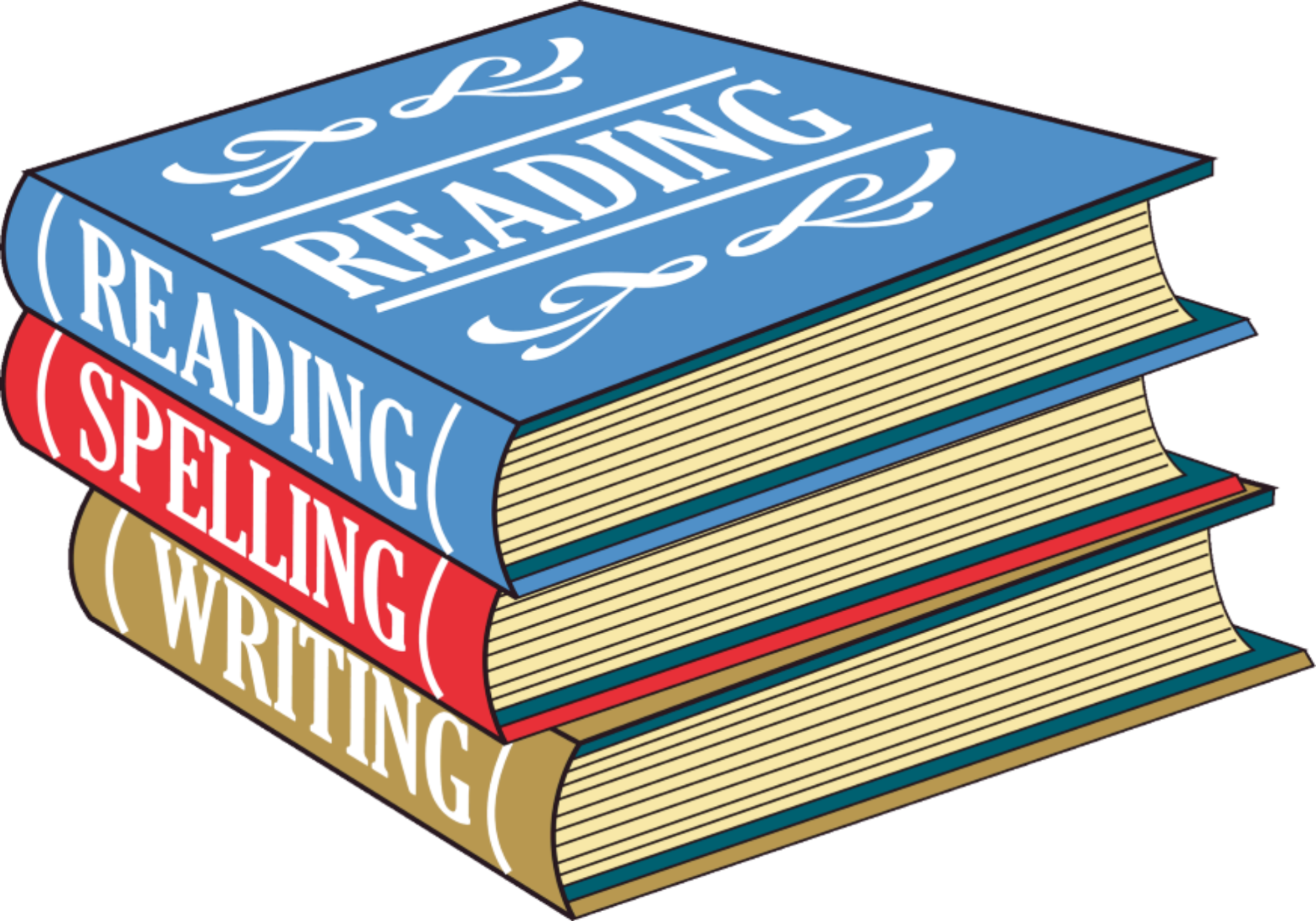English
 ENGLISH CURRICULUM INTENT STATEMENT
ENGLISH CURRICULUM INTENT STATEMENT
INTENT
At Butterwick C of E Primary School, we encourage our children to develop their English skills through a range of opportunities. We consistently aim to provide children with the fundamental foundations to become effective and confident communicators in both reading, writing and through spoken language.
Phonics
Children will:
- Recognise all phonemes and their corresponding graphemes.
- Identify that some phonemes have alternative pronunciations.
- Be able to blend these phonemes to read words independently.
- Recognise a range of tricky words.
- Learn to segment words to support their spelling ability.
- Understand the importance of reading for enjoyment and recognise that this starts with the foundations of acquiring letter sounds, segmenting and blending skills.
Reading
Children will:
- Have access to a rich and varied range of texts for both study and pleasure.
- Understand that in the early teaching of reading, knowledge and skills of phonics is essential to develop fluency and accuracy.
- Explore extensive and rich vocabulary which will in turn lead to an excellent comprehension of texts across the curriculum.
- Foster a love of reading throughout the school whilst encouraging opportunities in reading for pleasure and to nurture our children to become lifelong readers.
Writing
Children will:
- Foster a love of writing throughout all years and show an appreciation of their value.
- Develop vivid imaginations, allowing them to make readers engage and enjoy their writing.
- Use highly-developed vocabulary and have a strong knowledge of writing techniques to organise and structure writing successfully.
- Develop accuracy and automaticity in transcription (spelling, handwriting, grammar and punctuation).
Communication
Children will:
- Actively join in and initiate conversations which involve a high level of respect for others, even when views differ.
- Speak clearly and be understood by a range of audiences, together with an excellent grasp of the rules used in English conversations.
- Be given opportunities to share a rich and varied vocabulary that gives clarity and interest to discussions; this develops their ability to tell stories that capture the imaginations of the audience.
IMPLEMENTATION
Please use the appropriate tabs for each of the different areas in English to see how they are implemented within our school.
IMPACT
We measure the effectiveness and impact of our English curriculum in a variety of ways. Summative assessments are used termly across school which enables pupils’ progress and attainment in the subject matter to be evaluated. Additionally, written work throughout the term is assessed to inform teachers of pupils’ next steps and successes. Daily, on-going assessments, combined with AfL strategies, are crucial in providing instant feedback to teachers and ensures progress within every lesson.
Pupils will:
- Enjoy reading for both pleasure and study, whilst being able to take part in discussions around a wide range of fiction and non-fiction texts.
- Be able to manipulate and use adventurous vocabulary choices, transferring subject-specific terminology into cross-curricular pieces of writing.
- Successfully evaluate and identify ways to improve their work, using strategies to support them within the editing process.
- Use the 'writing cycle' to plan, draft, edit, review and finalise their ideas within a range of genres.
- Be proud to share their work and to appreciate that different text types can be suitable for varied audiences.









